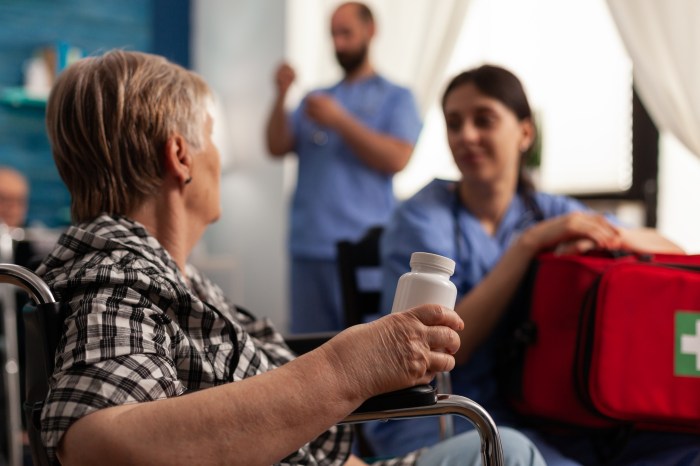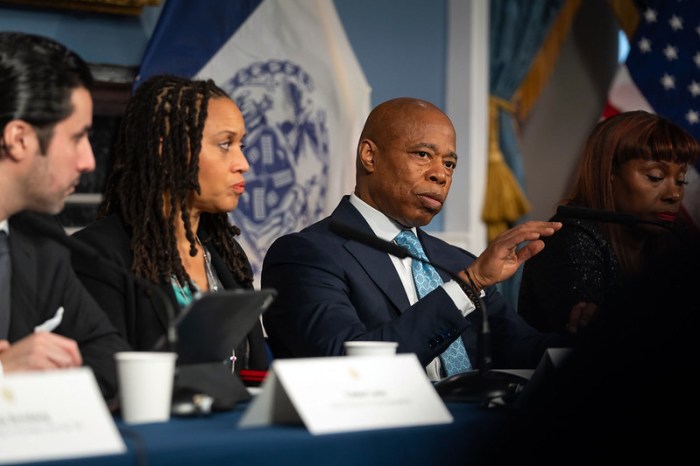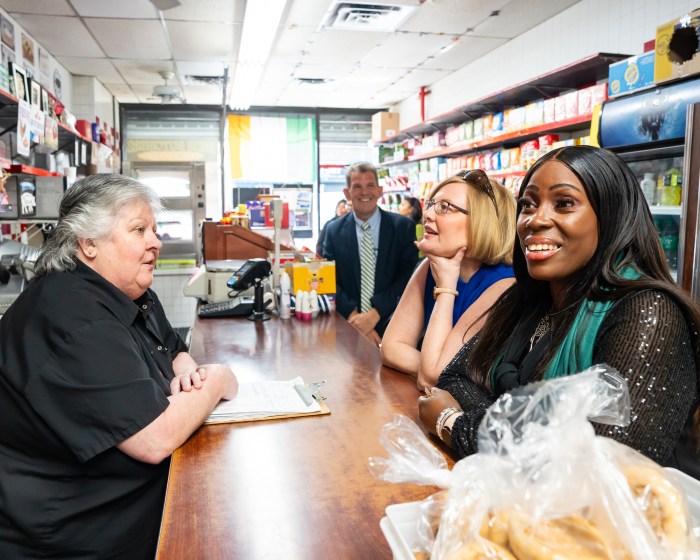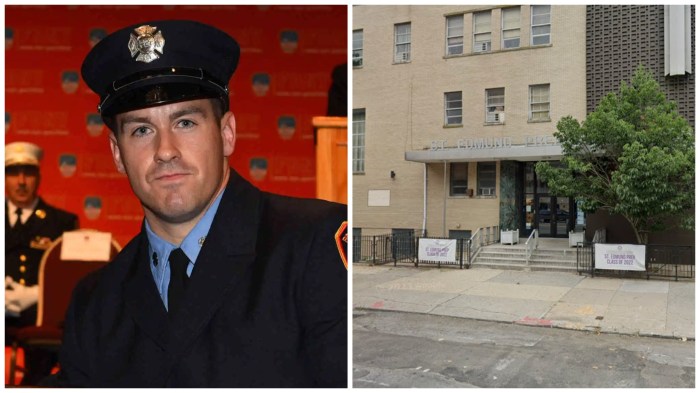BY JOHN OTTAVIANO | Re “Outsourcing is killing us” (letter, by Clayton Patterson, Dec. 1), which was a follow-up to “A question for Donald Trump on losing our jobs base” (by Clayton Patterson, Nov. 17):
My name is John Ottaviano and I am the director of sales for Rothco. Serendipitously, The Villager just ran an obituary for my uncle Frank Ottaviano, who passed away a few weeks ago (“Francis Ottaviano, 85, of Village medical dynasty,” Nov. 24).
It was interesting to me that your newspaper would run something like this without checking that it was factually correct.
I have no idea what Mr. Patterson is speaking about when he claims to have spoken to our Philippines office. We have no Philippines office. That is a lie. Our office is in Ronkonkoma, N.Y., and employs nearly 150 American workers, as well as some of those, like my ancestors, who have immigrated here legally. Our number is 800-645-5195 and the phone is always answered by one of our American workers.
We do have an affiliated company in Puerto Rico that actually predates our 1953 origins that specializes in sporting goods and safety equipment; so one could certainly reach a Spanish-speaking individual there.
Our company originally was started in a loft on, of all places, Great Jones St. in the Village in 1953 by Milton Somberg, who still runs the company along with his son Howard. We moved to Brooklyn a few years later, then out to Long Island to Smithtown and then to Ronkonkoma.
We are not an official supplier of U.S. military uniforms, though our products have been supplied to the U.S. military through our partner government suppliers. The products and clothing we sell are made overseas, as well as in the United States. Most of our sales are made to army-navy stores, like Uncle Sam’s Army Navy on Eighth St. in the Village, and are used by working people, students, for fashion, paintball and Airsoft, hunting, camping, etc.
While there is a large market for military-style clothing for consumer use (does Mr. Patterson actually take a look at what folks in the Village are wearing?), the uniforms that are issued to our soldiers are made by other companies that, for the most part, use production in the United States to make these uniforms.
Yes, as Mr. Patterson noted in his “A question for Donald Trump” column, that is indeed our jacket hanging in the store in Austria since our products are sold at retailers all over the world. The vast majority of our products are sold in small, independent retailers like Uncle Sam’s.
At one time, the vast majority of our production was in factories in Tennessee. Unfortunately, many consumers became unwilling to pay for U.S.-made clothing and the U.S. military was not providing enough orders pre-9/11 to keep U.S. military clothing factories working on a consistent basis. Because of this, nearly all of these factories have shut down. Clothing production is not something that can be turned on and off like a faucet; it must be steady to keep machines running and people working. While many folks give lip service to the desire of having U.S.-made products, few are willing to make the required commitment at the cash register. As they say, everyone wants to go to heaven, but nobody wants to die.
Because of this, we have had to move production overseas in order to be competitive. As I said, most of our goods are sold to army-navy and clothing stores — and a pair of pants is a pair of pants and folks became unwilling to pay for U.S.-made fatigues.
When the U.S. went to war in Afghanistan and Iraq, thousands of soldiers turned to the army-navy stores and on-base suppliers for supplies because, frankly, the U.S. military had a woefully inadequate supply of goods. Our military personnel needed uniforms, socks, knives, compasses, duty gear, etc., and the government was unable to send these troops overseas adequately equipped. If it were not for the army-navy dealers stocking our products and gear from similar companies, many of our soldiers, Marines, airmen and sailors would not have had the things they needed to fight for their country.
Things are not as simple as Mr. Patterson would have you believe. Yes, we would love to have more U.S. production. When we did, the logistics were simpler and it was much easier to visit the factories. But our economic system is one where people vote with their dollars and, for the most part, people have voted for less-expensive products. Where we offer a choice of both U.S.-made and less-expensive product, the less-expensive product is the far better seller.
Let’s remember that we now live in a global economy and that the workers making the clothing benefit from making these products. Over the years, the vast wage inequity around the globe has decreased and, eventually, wages worldwide will balance out.
I am personally a strong supporter of the values of Occupy Wall Street, but while there is a great imbalance between the 1 percent and the 99 percent in this country, American workers have also been the beneficiaries of a great wage imbalance that is beginning to level off as the economies around the world come into equality. The benefit of this will be that, as workers in other countries make better wages, they will be able to purchase U.S.-made products.
If Mr. Patterson would like to discuss this in greater detail, I suggest he call the number listed on every page of our Web site at Rothco.com, 800-645-5195.
Ottaviano is director of sales and marketing, Rothco


















